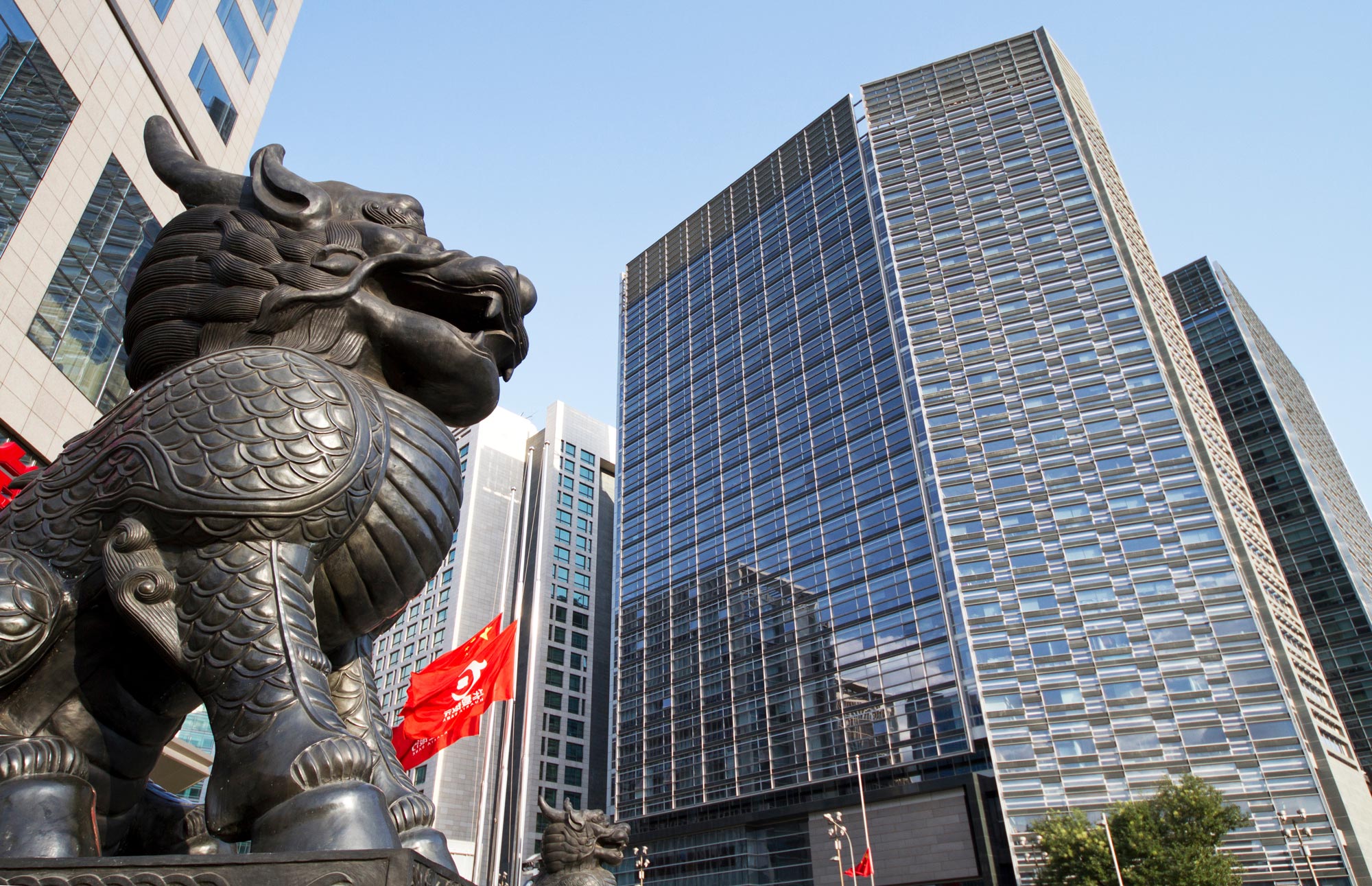The Chinese government’s tolerance of a market economy and relaxation of communist-style controls on economic activity has unleashed get-rich-quick entrepreneurs and opportunistic fraudsters. Here are some tips for multinational companies and their fraud examiners stepping into a mysterious and dynamic situation.
China is booming and so is its fraud. And it’s not so much the headline-grabbing stories that foreign investors have to worry about. Fraud has infected the supply chain – the nation’s business and their vendors, distributors, and employees. As multinationals shift their supply chain bases to China, these companies need to know that fraud in distribution and purchasing systems is burgeoning. And they need to know the unique factors that are driving it.
The Bank of China recently revealed it was working with U.S. authorities to recover half a billion dollars embezzled by branch managers who had fled to America. Official government sources reported 72,000 of what China euphemistically calls “economic crimes” in China in 2005 – up from 9.7 percent in 2004 costing US$18 billion. They say that 61,000 cases were solved and US$1.8 billion was recovered. But, of course, fraud statistics often can’t be accurate. We’re probably only seeing the tip of the iceberg of a large-scale problem.
There are some who don’t take the situation seriously. The president of a U.S. manufacturing firm with a substantial China operation recently was asked whether his firm has a hotline to manage ethics complaints in China. “Oh, no, I don’t take any of that nonsense seriously,” he replied. “If I get any of those anonymous letters, I throw them straight in the bin.” Well, take a look at these cases, Mr. President.



